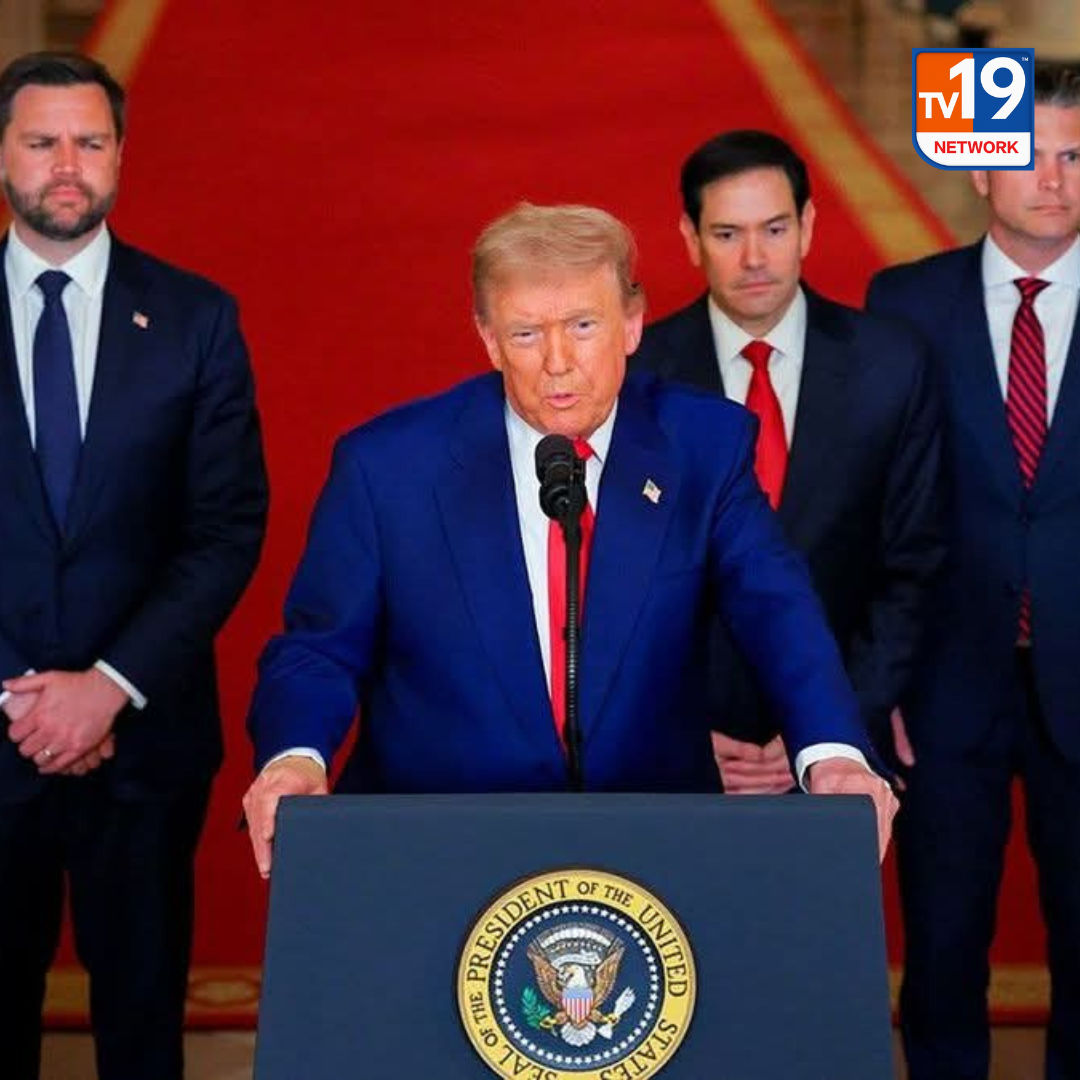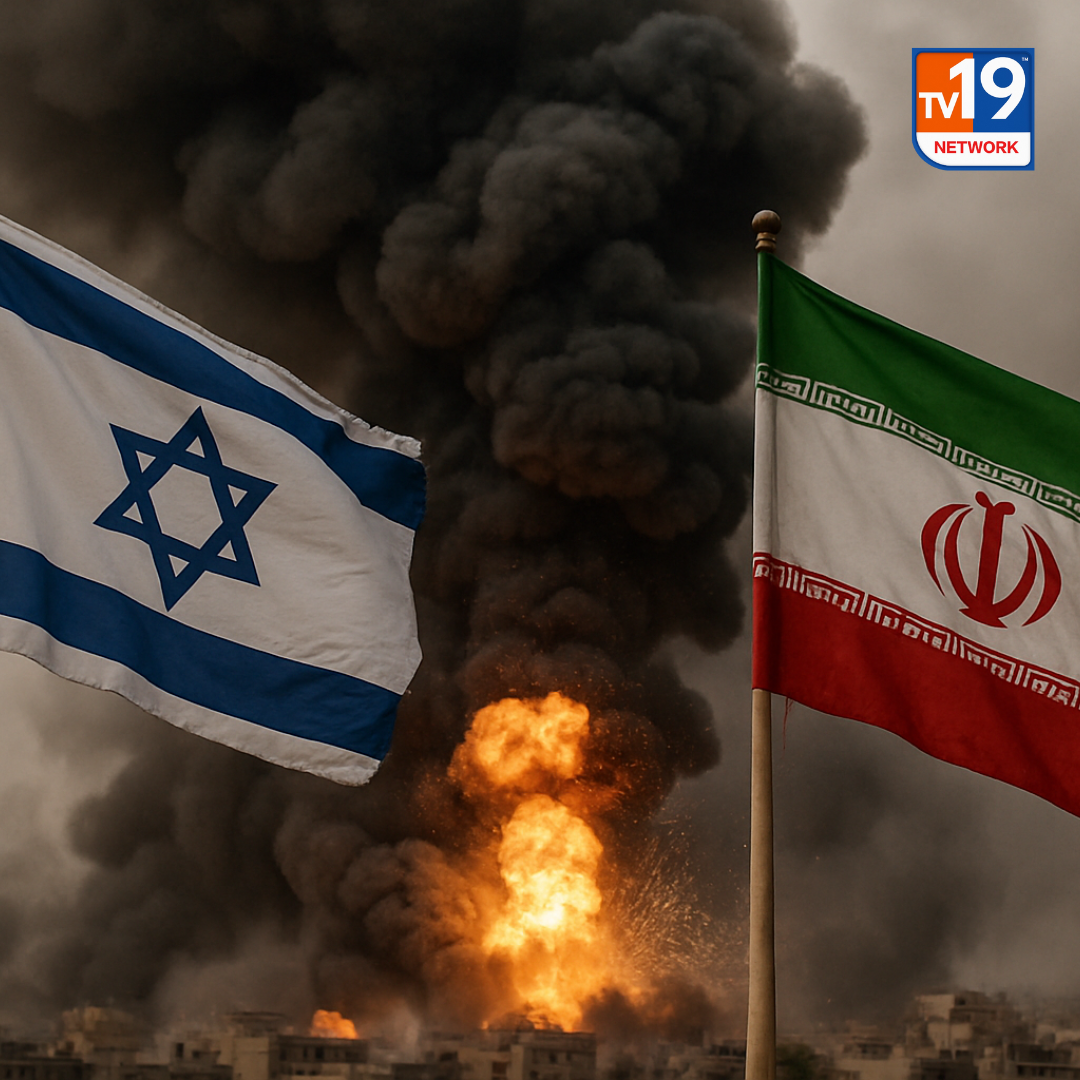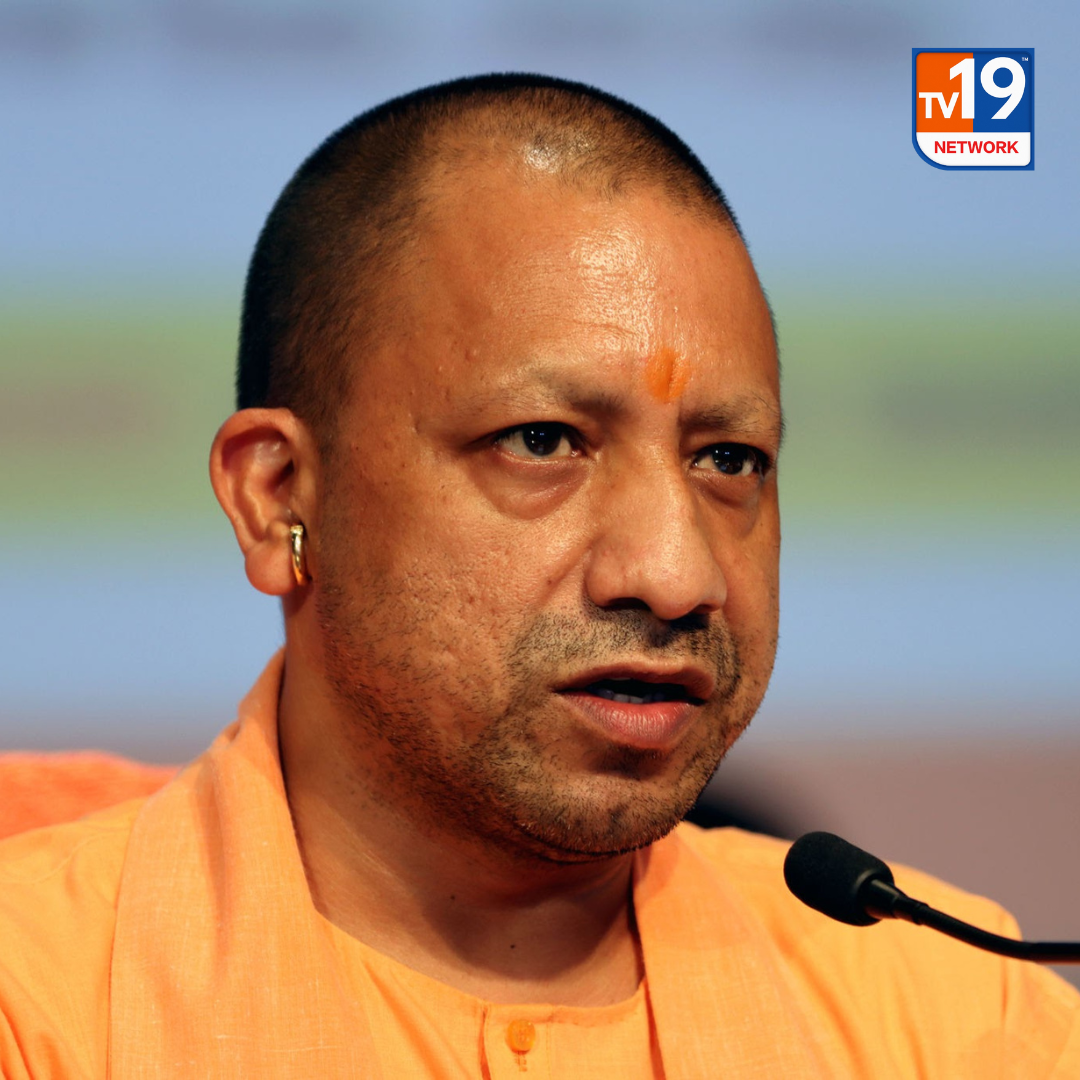UN vs. India: The Battle of Narratives Over Kashmir and Manipur
Washington D.C. - India has once again found itself at odds with the United Nations after UN High Commissioner for Human Rights, Volker Turk, made critical remarks about the situation in Jammu and Kashmir and Manipur. Calling these comments “unfounded and baseless,” India’s Permanent Representative to the UN, Arindam Bagchi, dismissed concerns raised by the global body, insisting that the regions in question are witnessing unprecedented progress.
Bagchi pointed to the booming tourism industry in Kashmir, record-high voter turnouts, and major infrastructure developments as proof that the government’s policies are working. He further criticized what he called “selective outrage” from international organizations, accusing them of ignoring positive developments in favor of outdated narratives.
However, critics argue that while economic progress is undeniable, deep-seated political and social tensions still persist. The Manipur crisis, for instance, has left many questioning whether law and order have truly been restored. In Kashmir, the government’s claims of stability are often met with skepticism, especially from those who view the revocation of Article 370 as a move that alienated local communities.
The real question is: Who controls the narrative? While India asserts that its democratic framework ensures stability, the UN’s continued scrutiny suggests that global concerns are far from over. As diplomatic tensions rise, one thing is clear—this battle of perceptions is far from settled. Will India’s economic resurgence silence its critics, or will questions over human rights remain a thorn in its international reputation?





